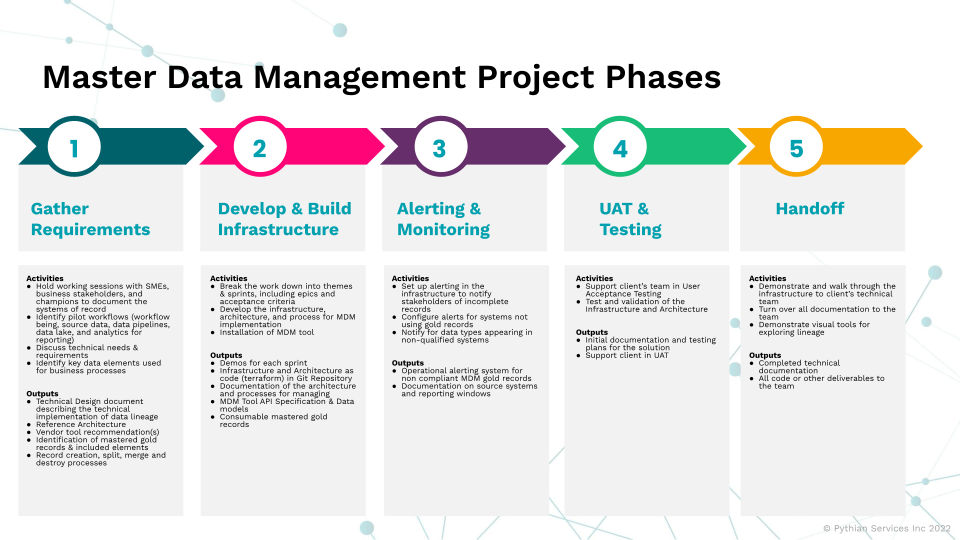Eight ways to ensure your applications are enterprise-ready
When it comes to building database applications and solutions, developers, DBAs, engineers and architects have a lot of new and exciting tools and technologies to play with, especially with the Hadoop and NoSQL environments growing so rapidly.
While it’s easy to geek out about these cool and revolutionary new technologies, at some point in the development cycle you’ll need to stop to consider the real-world business implications of the application you’re proposing. After all, you’re bound to face some tough questions, like:
Why did you choose that particular database for our mission-critical application? Can your team provide 24/7 support for the app? Do you have a plan to train people on this new technology? Do we have the right hardware infrastructure to support the app’s deployment? How are you going to ensure there won’t be any bugs or security vulnerabilities?
If you don’t have a plan for navigating and anticipating these kinds of questions in advance, you’re likely to face difficulty getting approval for and implementing your application.
Any database applications or solutions you build or adopt for your organization must be “enterprise-ready”: secure, stable and scalable with a proven, tested capacity for deployment. They must be easy to administer and easy to support. But how do you make sure that happens?
Here are eight things to consider before declaring your proposed solution enterprise-ready:
- Open communications: A close working relationship between the development and operations teams goes a long way toward seamless integration of your database applications. By working together (from start to finish, as early on as possible), you can better anticipate the issues to be solved so your app or solution gets up and running faster.
- Platform reliability: Open source databases are great for obvious reasons: they’re free and easily customizable. But if your app is revenue-generating or mission-critical, it’s better to use a tested and proven distribution platform like Datastax Enterprise for Cassandra, Cloudera or HortonWorks for Hadoop, and Oracle or Percona for MySQL.
- Continuous quality: No matter which technology you use to build your app, make sure it passes rigorous quality assurance, scale and performance testing — both initially and with every new release of the software. Your vendor also needs to be proactive when it comes to releasing patches and fixing bugs.
- Suitable infrastructure: Consider whether the infrastructure you’re running is appropriate for the app you’re developing. If the database is set to run on multiple nodes of commodity hardware — to cover your bases in case one fails — but your operations team likes to store everything on an expensive SAN device, you might want to look into other alternatives.
- Experienced hosting: You’ll want to find a hosting company that is reliable, cost-effective and meets your company’s security policies. It should also have experience hosting the database technology you plan on using; that way, it knows how to respond when issues or challenges arise.
- Expert talent: Bring in a team of experts that can support your entire environment. While your operations team may want to take care of some elements themselves (everything up to the OS level, for instance), you’ll still want to show them that you have 24/7 support coverage available if needed. This team should be committed to continuous training and have enough people skilled with your technology to provide uninterrupted coverage.
- Comprehensive skills: Your team should be able to check your configurations against best practices for security, performance and availability — but don’t forget to ensure that they’re also set up for the more mundane things like systems monitoring, responding to alerts and fault finding.
- Ongoing costs: When tallying the running cost of your application, keep in mind that you need to incorporate the cost of the distributed version, its hosting, and 24/7 support and optimization.
With all the elements that go into getting an application enterprise-ready, it might be easier to work with a reputable partner who has the experience and expertise to help you deploy the right solution for your organization and ensure its long-term success.
Find out how Pythian’s solutions can help you succeed.
You May Also Like
These Related Stories

Approaching Master Data Management

Identifying Data to Accelerate our Data Strategy


No Comments Yet
Let us know what you think